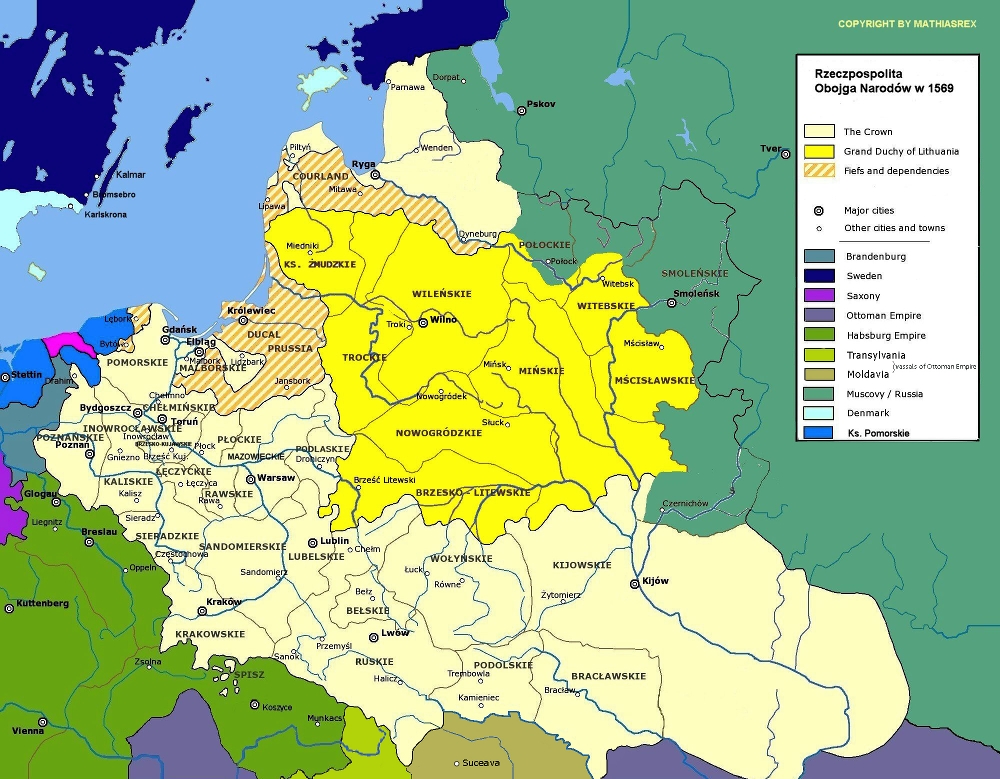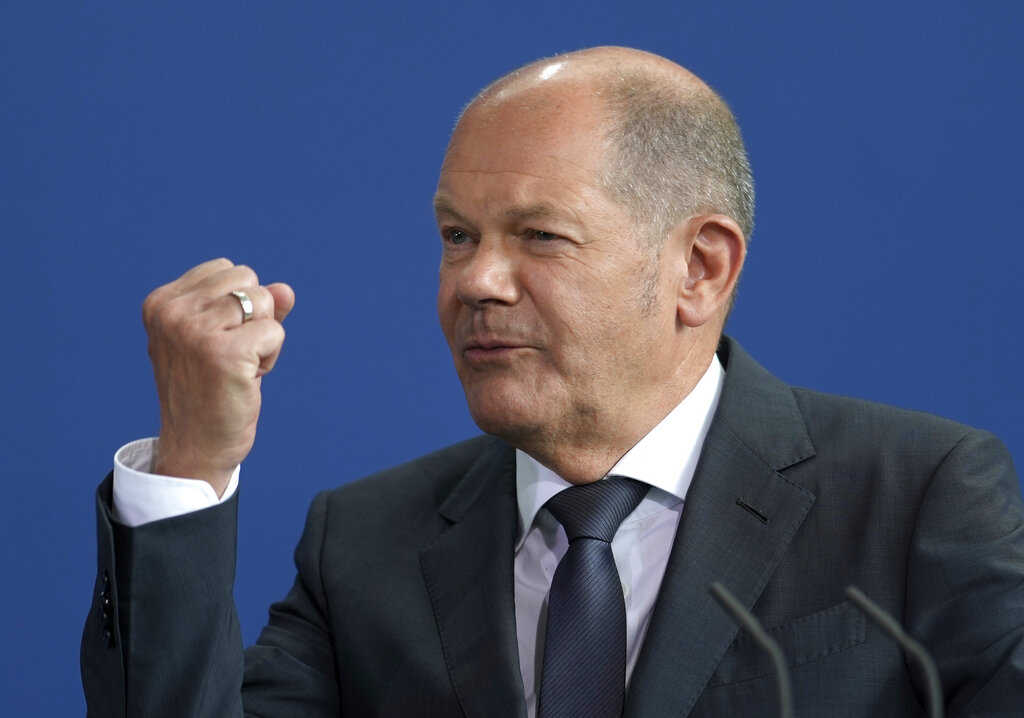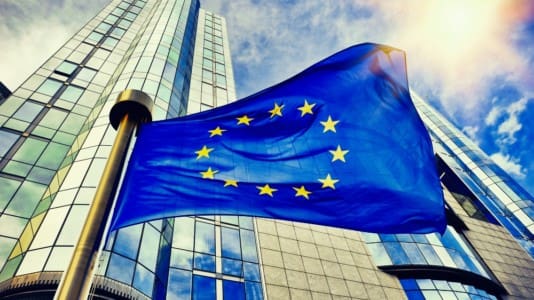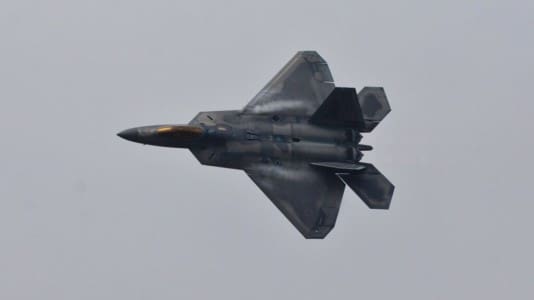German Chancellor Olaf Scholz, writing in the Frankfurter Allgemeine Zeitung, presented a vision of the EU in which the union would become one geopolitical entity that Germany would take responsibility for. This will only be possible, argued Scholz, if EU member states accept the removal of the power of the veto. That would mark the completion of the process of federalizing Europe that began with the Maastricht Treaty, which saw the introduction of a single European currency, and has continued with the Lisbon Treaty, which introduced qualified majority voting.
This process has also been reinforced with the behavior of the European Court of Justice, and the doctrine of the supremacy of European law over domestic legislation and constitutions.
However, neither Germany nor France’s top courts recognize the supremacy of European laws giving both these states a privileged position in the EU, which is not afforded to other member states facing penalties for non-compliance with European court and European Commission decisions. They can also be made to change their governments or key policies, as has been the case with Italy and Greece.
What Scholz has effectively called for is for putting into statute the existing political and economic domination of Germany and the transformation of the EU into a Fourth Reich, a state with a quasi-democratic and quasi-federal structure.
It is reminiscent of the creation and development of the 19th century Franco-Prussian Second Reich with the domination of Prussia that had also begun with a customs union and the creation of a single market. It is worth recalling that the constituent parts of that entity had different statuses. For instance, Bavaria kept its army and diplomacy. A status of this type in the EU would be reserved for France, while the role of Poland and other states would be reduced to that similar to the German Lander.
Poland would have to give up its currency so that its development could be contained. Already, Berlin tries to achieve that by attempting to block Poland from having nuclear power capacity and by attempting to force it to share its gas energy resources.

The acceleration of the construction of the Fourth Reich is connected to the war in Ukraine. That war means that the states of the eastern flank of Europe feel a real and fundamental danger from Russia. They had hoped that the EU would provide them with security, and that security is now under threat. In order to contain Russia, they now want Ukraine and eventually Belarus to become a part of the EU, but that in turn is not in Germany’s interests.
As was the case with Bismarck, the creator of the Second Reich, Germany today wants cooperation with Russia in order to give Germany a feeling of being a superpower alongside the USA and to give it economic advantages such as cheap gas. The war in Ukraine calls all that into question, forcing Germany to take the side of the West, which adversely affects its economic interests.
Ukrainian membership of the EU threatens to tilt the EU eastward and to make the EU anti-Russian. It also implies a greater role for the USA in European politics and a transatlantic orientation that neither France nor Germany wants. A stronger central Europe is the last thing Germany wants.
This is why both Paris and Berlin want to help Putin save face. That in turn is totally contrary to Polish interests. Poland wants to push Russia out of Europe, whereas Germany wants to restore cooperation with Russia and to make central Europe accept the supremacy of German power in the EU.
Just as Russia threatens Polish independence and sovereignty militarily, Germany threatens Polish opportunities for independent development. It uses EU funds as leverage to attempt to subjugate Poland to its will and to stop it from blocking German cooperation with Russia.
Poland’s primary objective should be to weaken the position of Germany and the EU so that it can block their pro-Russian orientation. It needs to build a community of states that feel threatened by Russian expansionism as an alternative to the EU. Ukraine will not be admitted into the EU, as this is contrary to German interests. Poland should continue to support Ukraine’s European aspirations but also build the contours of a broader military, political, and economic alliance of nations that used to inhabit the First Polish Commonwealth, broadened by cooperation with Scandinavia, the U.K., Turkey, and the USA.
Poland must weaken the EU as a German instrument and be ready to leave it in order to block the construction of the Fourth Reich. But to be able to do that it must first build a community of nations that respect each other’s sovereignty and resist German domination of Europe.






